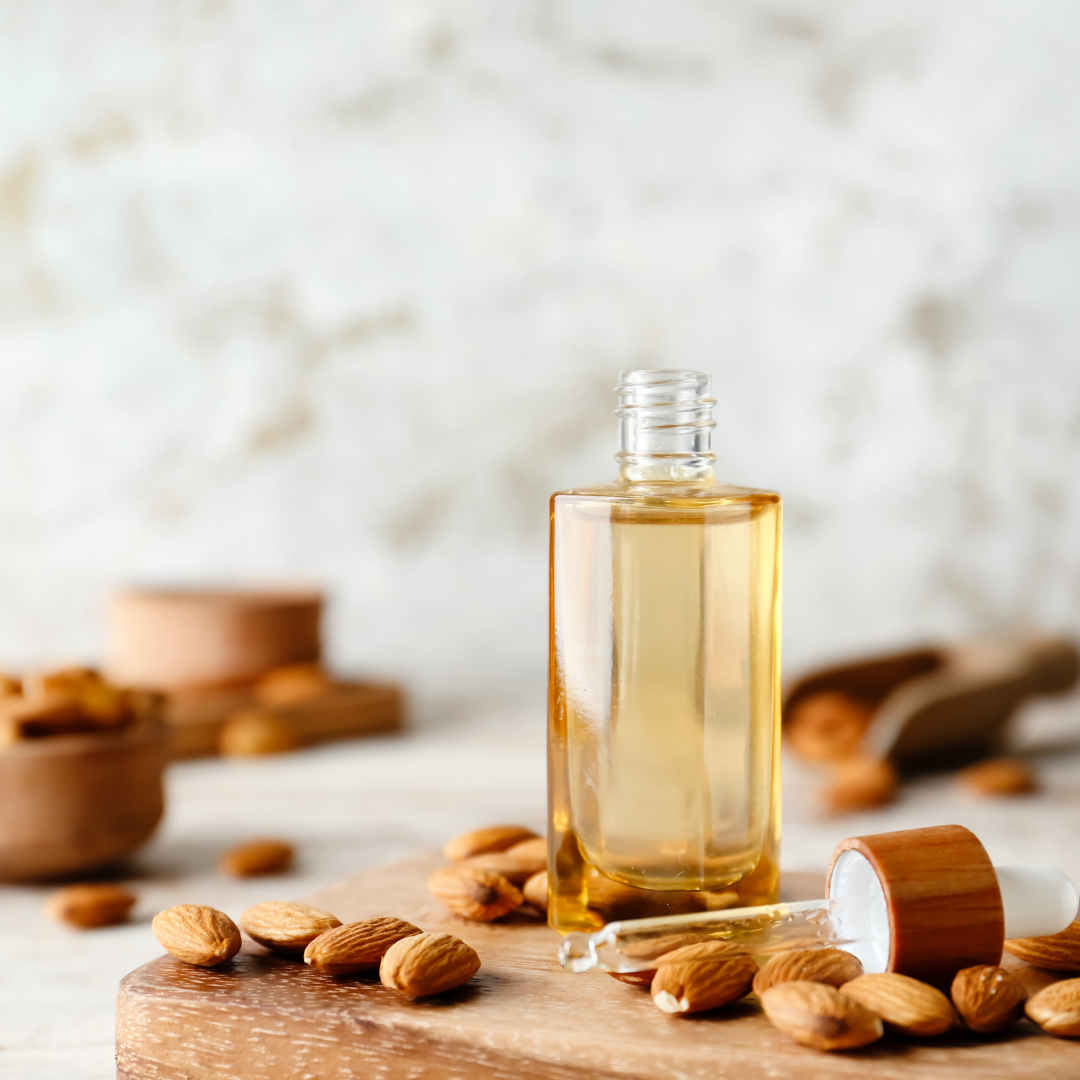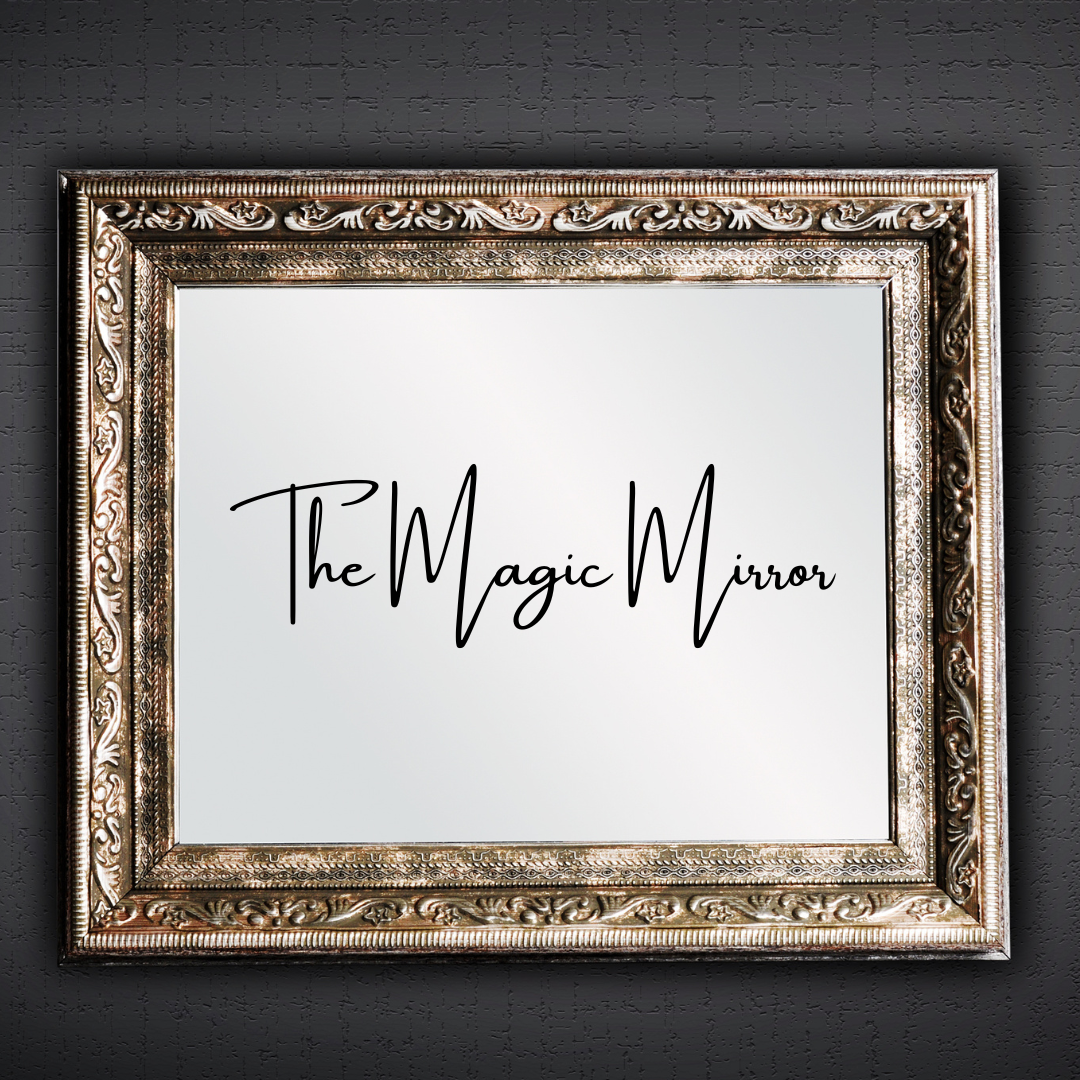Nurturing Scalp Health Holistically: Remedies for Uncommon Scalp Conditions
🪄 While uncommon scalp conditions can present unique challenges, holistic remedies and practices have the potential to alleviate symptoms and promote scalp health. From folliculitis to trichotillomania, exploring natural approaches can offer relief and support in managing these rare disorders. In this comprehensive guide, we will delve into holistic remedies that may help keep symptoms at bay, alongside traditional treatment options. Please remember, as a hairstylist, I offer holistic insights and guidance; for medical concerns, it is important to seek advice from healthcare professionals for personalized care.
🌟 Folliculitis:
Holistic approaches for folliculitis include maintaining scalp hygiene with gentle cleansing routines, utilizing natural antiseptic remedies like tea tree oil or turmeric paste to address bacterial or fungal overgrowth, and ensuring a balanced diet rich in nutrients to support immune function and skin health. Additionally, stress-reducing practices such as meditation or aromatherapy can help manage stress-related flare-ups. Combining these holistic measures with medical treatments can enhance the overall effectiveness of folliculitis management.
🌟 Scalp Ringworm (Tinea Capitis):
For scalp ringworm, natural antifungal remedies like coconut oil, neem oil, or apple cider vinegar can be beneficial in combating fungal overgrowth on the scalp. Maintaining a clean scalp environment, avoiding shared items such as combs or hats, and incorporating probiotic-rich foods in your diet can also support a healthy scalp flora. Consultation with a healthcare professional for accurate diagnosis and potential antifungal medications is essential for addressing scalp ringworm effectively.
🌟 Cicatricial Alopecia:
Supportive holistic strategies for cicatricial alopecia may involve scalp massages with essential oils like lavender or rosemary to promote circulation and hair growth, incorporating anti-inflammatory foods such as omega-3 fatty acids and antioxidants, and practicing relaxation techniques to manage stress levels. While holistic measures can offer supplementary support, professional medical interventions like corticosteroid treatments or surgical options are often necessary for managing advanced scarring and hair loss.
🌟 Trichotillomania:
Holistic approaches for trichotillomania focus on addressing underlying emotional triggers through therapy, mindfulness practices, and self-care activities that promote emotional well-being. Keeping hands busy with fidget toys or stress balls, creating a supportive environment, and establishing positive coping mechanisms can help reduce hair-pulling episodes and encourage healthier habits. Combining holistic approaches with behavioral therapy or counseling can provide a comprehensive approach to trichotillomania management.
🪄 Holistic remedies can play a significant role in managing uncommon scalp conditions, providing individuals with natural tools to complement traditional treatments and promote scalp health. While these approaches offer valuable support, it is essential to consult with healthcare professionals for accurate diagnosis and individualized treatment plans, especially in cases of less common scalp conditions. As a hairstylist offering holistic insights, I encourage individuals to prioritize their well-being and seek medical advice when needed for optimal scalp care and overall health.
Disclaimer: The information provided in this guide is for educational purposes and should not substitute professional medical advice. As a hairstylist specializing in holistic approaches, it is recommended to consult with healthcare professionals or dermatologists for accurate diagnosis and treatment recommendations. If you have concerns about scalp conditions or unusual symptoms, seeking medical guidance is crucial for appropriate care and management
T 💚 ✨️




Comments
Post a Comment